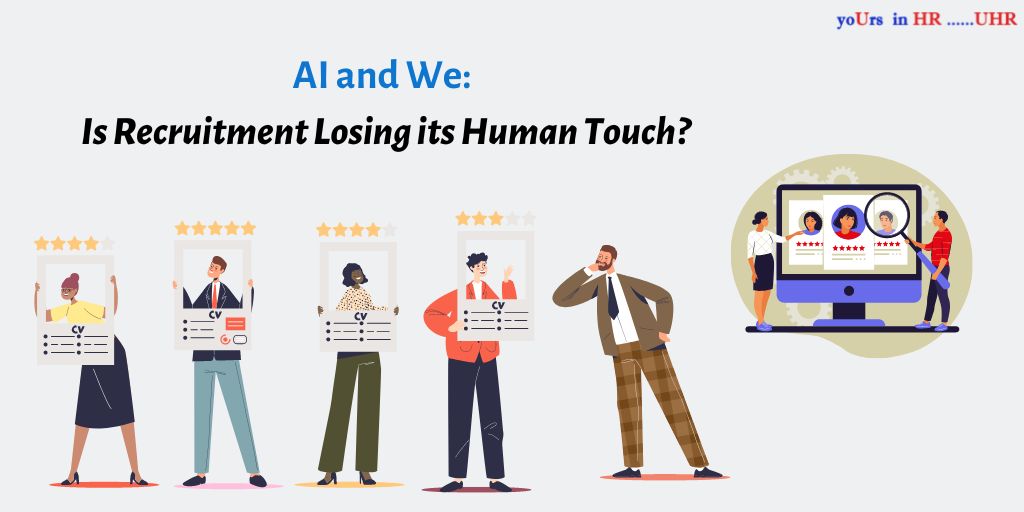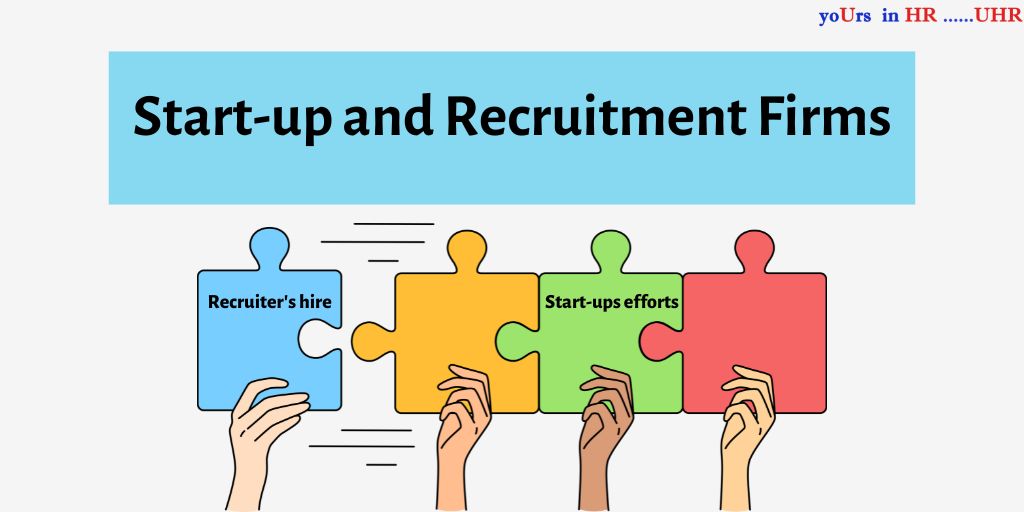
It has been years since AI (artificial intelligence) has been the buzzword in the recruitment industry. From companies, to recruitment professionals, to candidates themselves wonder about the role of AI in recruitment. Many also wonder whether recruitment is losing its human touch. Without further ado, let us take a look at the role of AI in recruitment, the concerns regarding its use, as well as how we can have the best of both worlds of using AI and the wisdom of a specialising HR/recruitment professional.
The Advantages of Using AI in recruitment:
AI is often used for a quicker processing of information.
According to an article on BrixRecruiting, it is used for sourcing candidates, scanning keywords in the resume. Moreover, certain more advanced softwares are also used for the analysis of speech, facial expressions, and behaviour. In an age of talent crunch and competitive hiring, AI can take away the burden from the hiring department of a company as all these preliminary processes can be performed by the AI itself, increasing the speed of the larger process.
The Issues within AI recruitment:
With all its speed and efficiency, AI can lose out on the nuance and specialisation that conventional human recruitment offers by default. There’s just a different quality to face to face interactions, and first impressions gathered by non-verbal cues and experienced eye.
Plus, almost paradoxically, AI recruiting tools are ultimately created by humans, and some biases and prejudices may leak into the software. An automated hiring system at Amazon, according to a Reuters report taught itself that male candidates are preferred over female ones because of certain deductions it made. Amazon’s experimental hiring tool gave scores to candidates from one to five stars by detecting certain commonalities and patterns in older, successful resumes.
It was created with an intention that one could filter out top five resumes from a hundred submitted. But the issue was the older resumes based on which the pattern of a good resume was detected were mostly submitted by males. As a result, the present system thus filtered out good resumes of females as well because it didn’t detect certain keywords! The male dominance of the industry became a ‘pattern’ which the AI took as an example of a ‘good resume.’
Another example of the use of AI, although much simpler, is the use of chatbots in the initial screening stages. The chatbots schedule interviews, asks certain automated questions to pool the candidates.
But again, in such cases, how would one account for unforeseen events, emergencies, when the candidate has to reschedule something last minute? Or what if the candidate has a question that doesn’t generate an automated response?
Furthermore, many AI-based platform companies provide recruiting but with no specialisation– the recruitment process becomes more generalised which again could result in losing out on candidates who may have been spotted by an experienced eye.
The Road Ahead:
The ideal would be the use of AI in a way that human recruiters still have a total control of the process. For example, an article on Crosschq mentions how pre-hiring checks might be performed by the AI, eliminating some repetitive tasks. The recruiters can then participate in the one-on-one interviews and interactions to gauge the candidate with all their nuances of socio-cultural factors.
From time to time, recruiters should update the various parameters fed to the AI software, so that the changing times and work culture remain up to date and the automation doesn’t filter out the good candidates because of random algorithms.
Further, the recruiters should from time-to-time check who the candidates are that have been filtered out by the AI. The recruiters can rely on their instinct of experience– if a candidate seems to be good, but the AI filters them out, the control should ultimately lie in the hands of the recruiter. It is also a good idea to ensure that the candidates know how and whom to reach out in case they wish to clarify certain things, which the impersonal AI might not be able to ‘understand’.
It is as simple as updating the AI with changing times, and checking on its ‘intelligence’ from time-to-time, because after all, it is artificial intelligence. It is about adding the human touch to that artificial intelligence.





